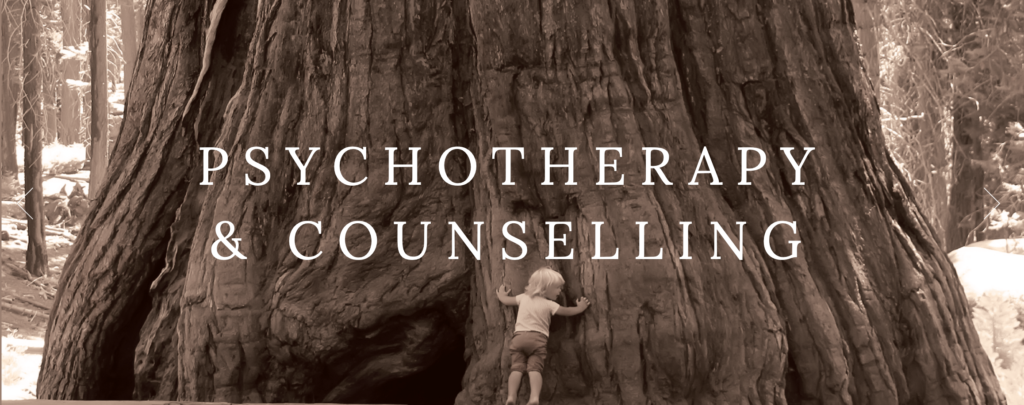Dublin Counsellor Blog
What is Counselling? Part 1

What is Counselling? Part 1: Why would I do it? it’s the same as talking to a friend, isn’t it? Surprisingly, it’s actually very different.
When talking with a friend, it’s natural the friend comes in with advice. Unfortunately, their advice is what THEY would do. This interrupts the person trying to figure out their problem, the focus moves onto the advice and keeps the discussion at a superficial level.
In counselling, the counsellor helps guide the client until they reach the depth and origins of the problems so it is unwound fully and resolved. When a problem is resolved, it doesn’t come back. Advice keeps the issue from being resolved. Something like ‘I should just be grateful’ is not a resolution of the issue and so the issue returns.
The Ocean
The mind is like the ocean. The rules for negotiating the surface and the rules for under the surface are very different. On the surface, the conscious mind, humans can breathe. We are dealing with the waves; our everyday thoughts and feelings. Under the surface, the unconscious mind, humans cannot breathe. We are dealing with the currents; our habitual patterns, and a whole sea world of creatures, our past experience, that drive the waves on the surface.
A counsellor will guide a client safely through what is happening under the surface of their own mind. Unfortunately, a friend cannot do this. The client will befriend and resolve their relationship with their own sea world creatures. This will change the currents of their ocean so their surface waves of thoughts and feelings are less stormy and more balanced and peaceful.
What is counselling? Part 1
A counsellor understands how under the surface works. There are defence mechanisms to protect the mind that are outside our awareness, for example. Unless these are understood by the counsellor, client progress will grind to a halt. Often, clients come to therapy feeling ‘stuck’.
I elaborate on these unconscious forces in ‘What is Counselling? Part 2’ and ‘What is Counselling? Part 3’.
For a wider description of how counselling works, and to see my own availability for counselling, check out:

